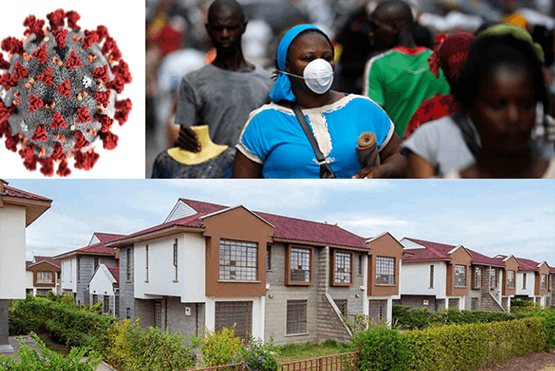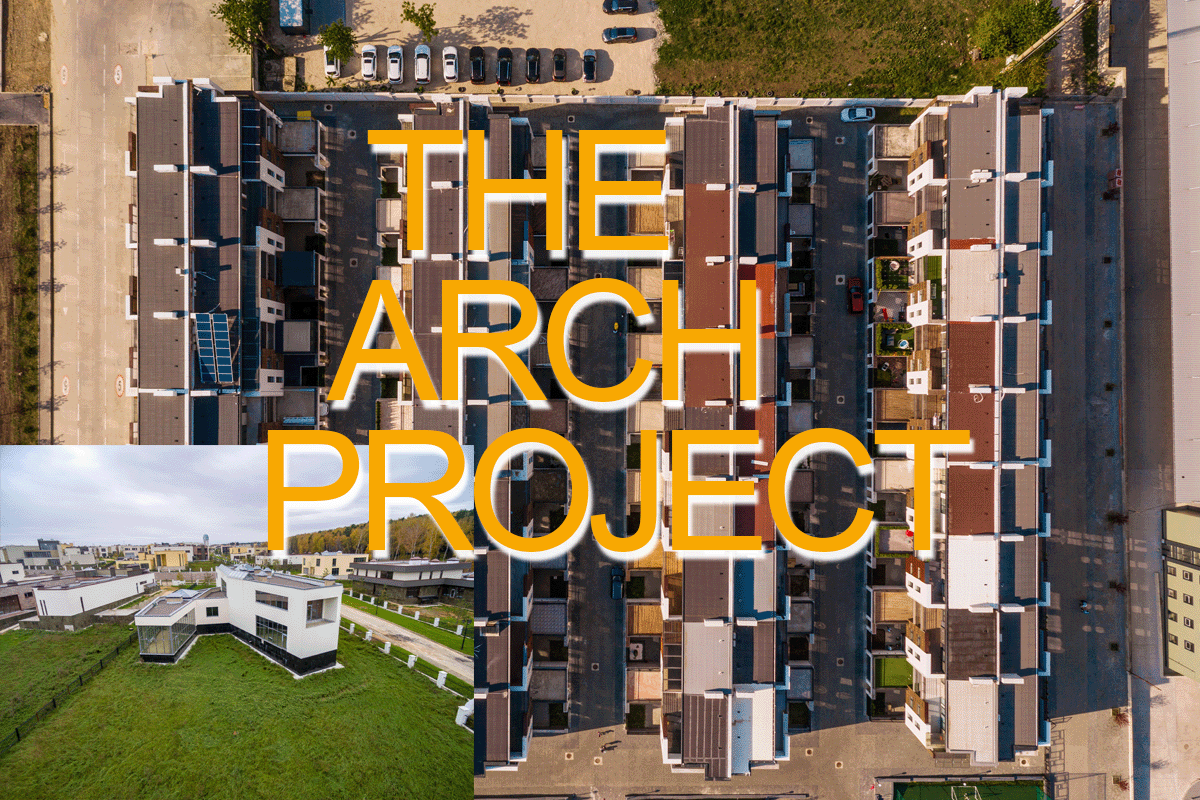The global COVID-19 pandemic brought unprecedented challenges to economies, industries, and daily life across the world. Africa was no exception, facing its own unique set of trials and tribulations. One of the sectors significantly affected was the real estate market, which experienced disruptions in construction, sales, and property management. However, as the continent begins to emerge from the pandemic’s shadow, the African real estate market is showcasing its resilience and adaptability in the face of adversity.
The COVID-19 Pandemic’s Impact on African Real Estate
In early 2020, as the COVID-19 virus spread, construction projects ground to a halt, and property transactions were delayed or canceled. With lockdowns and social distancing measures in place, prospective buyers and renters hesitated to make commitments. Investors, both domestic and foreign, adopted a wait-and-see approach.
Commercial real estate, particularly office spaces, and shopping malls, bore the brunt of the pandemic’s impact. Remote work became the norm, leading to reduced demand for office space, and restrictions on gatherings affected retail businesses. Many property owners and investors faced uncertainty as vacancy rates rose and rental income dwindled.
Resilience in the Face of Challenges
Despite these challenges, the African real estate market demonstrated remarkable resilience. Several factors contributed to this resilience:
-
Growing Demand for Residential Properties:
The pandemic highlighted the importance of comfortable and secure living spaces. As more people spent time at home, there was a surge in demand for residential properties, especially those with home office facilities and outdoor spaces.
-
Adoption of Technology:
Real estate professionals quickly adapted to digital tools for virtual property tours, online transactions, and remote collaboration. This helped keep the market active despite physical limitations.
-
Government Support:
Some African governments implemented measures to support the real estate sector, such as tax incentives and reduced interest rates, to encourage investment and development.
Strategies for Recovery: Post COVID-19 Pandemic
As the African real estate market seeks to recover and thrive in the post-pandemic era, several strategies come to the forefront:
-
Diversification:
Investors and developers are exploring diversification in property types. There is increased interest in logistics and warehousing facilities due to the growth of e-commerce, as well as healthcare and industrial properties.
-
Sustainability and Resilience:
There is a growing emphasis on sustainable and resilient building practices. This includes eco-friendly designs, energy efficiency, and the incorporation of technology to enhance property management.
-
Affordable Housing Initiatives:
Governments and private sector players are focusing on affordable housing projects to meet the demand for quality, affordable homes.
-
Investment in Infrastructure:
Infrastructure development, including improved transportation networks and utilities, is critical for enhancing property value and attracting investors.
-
Flexible Workspaces:
With remote work becoming more common, flexible co-working spaces are gaining popularity, providing a solution for the changing office landscape.
-
Foreign Investment:
Africa continues to attract foreign investors, particularly in the real estate sector. Governments are streamlining regulations to encourage foreign direct investment.
Final Thoughts
In summary, while the COVID-19 pandemic presented formidable challenges to the African real estate market, it also highlighted its resilience and adaptability. As the continent recovers, clear strategies are in place to ensure that the real estate sector not only rebounds but thrives. The emphasis on sustainability, diversification, and technology integration positions African real estate for a promising future. The lessons learned during this crisis will undoubtedly shape the industry’s trajectory, making it more resilient and adaptable in the face of future challenges. Africa’s real estate market is not just surviving; it’s poised to thrive in the post-pandemic world.




